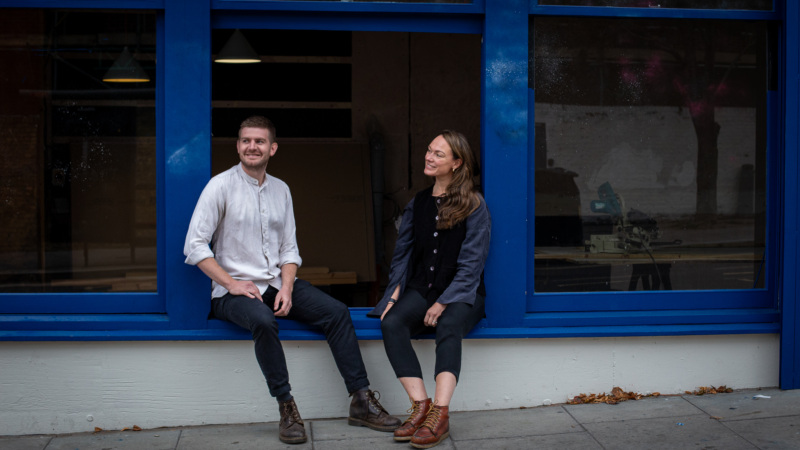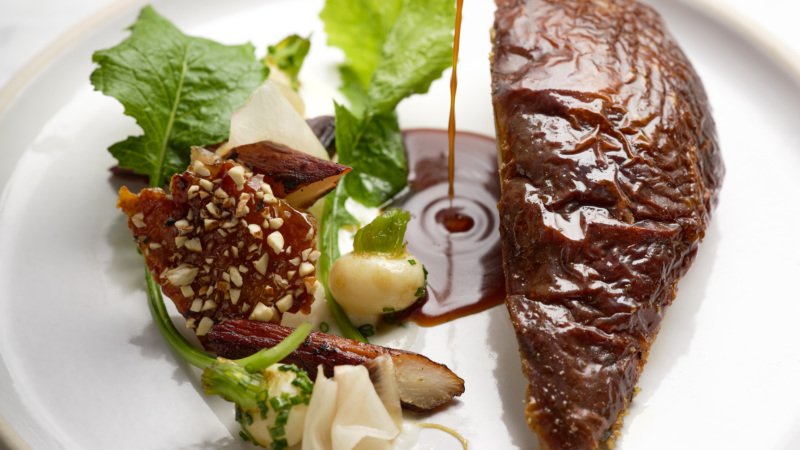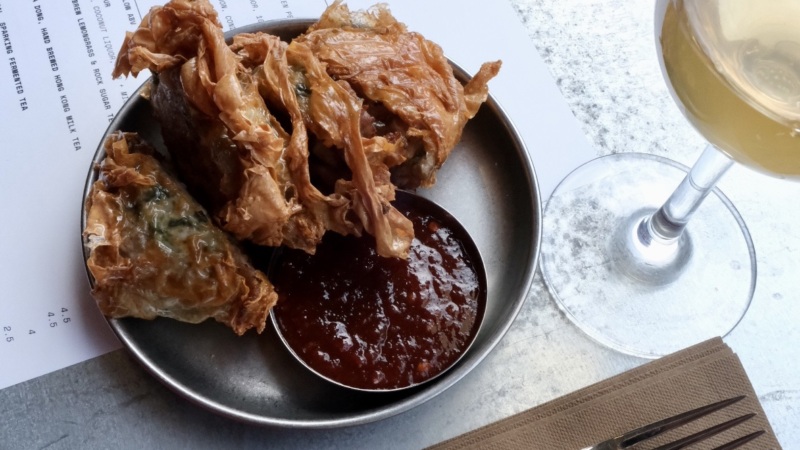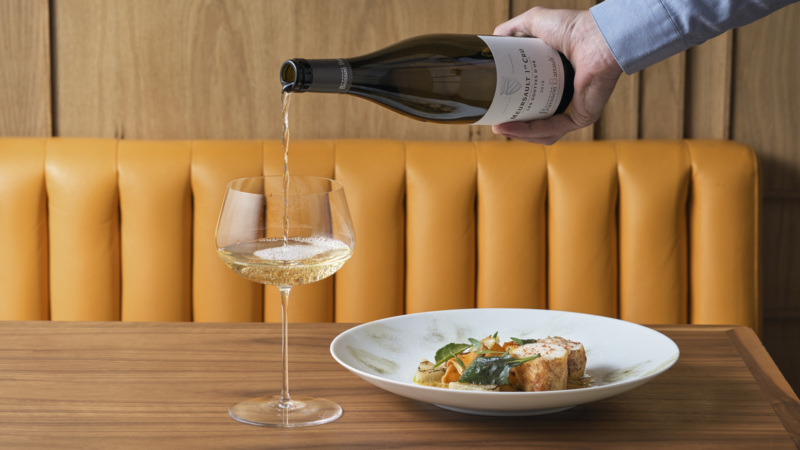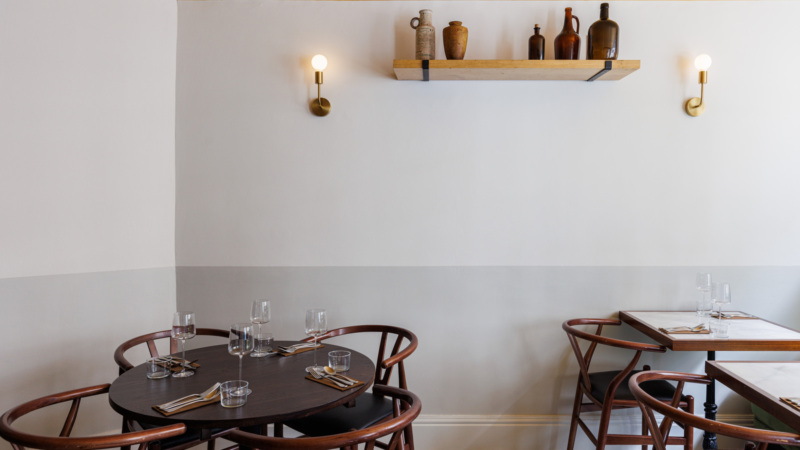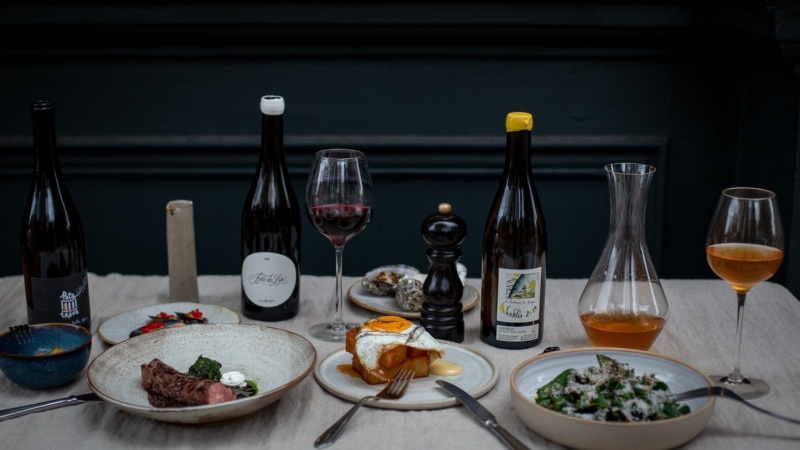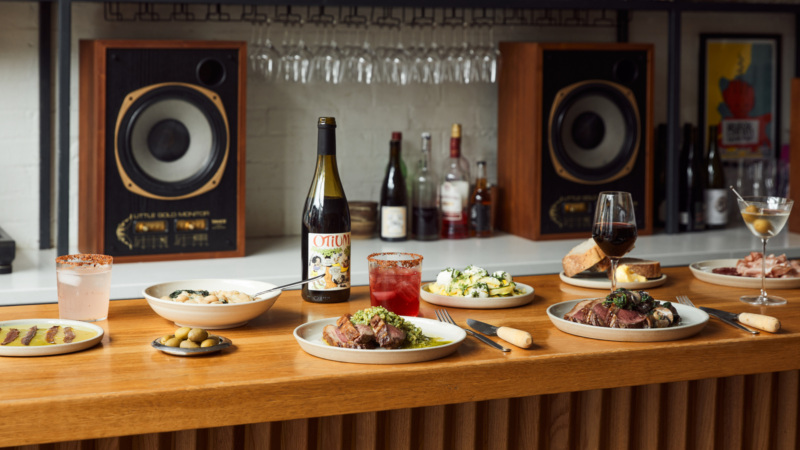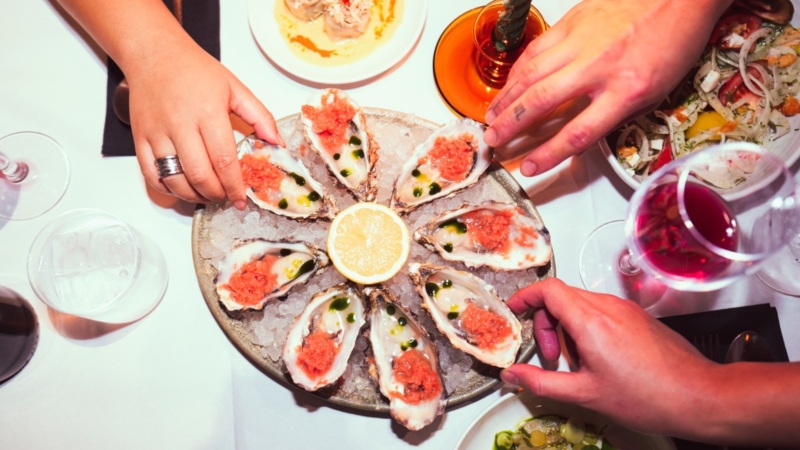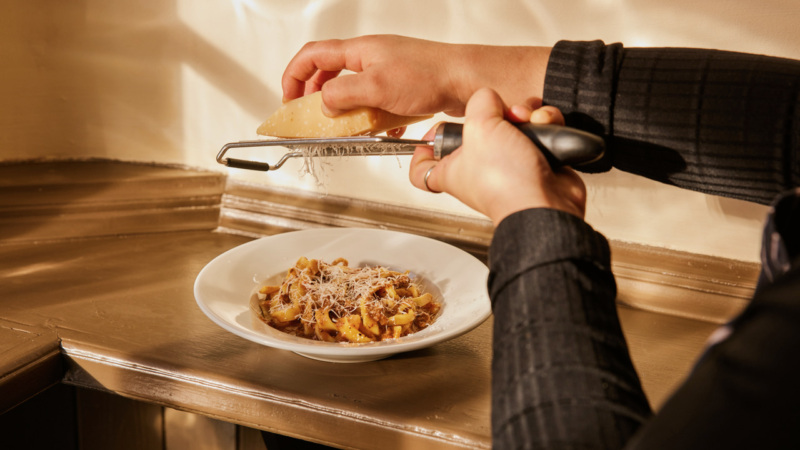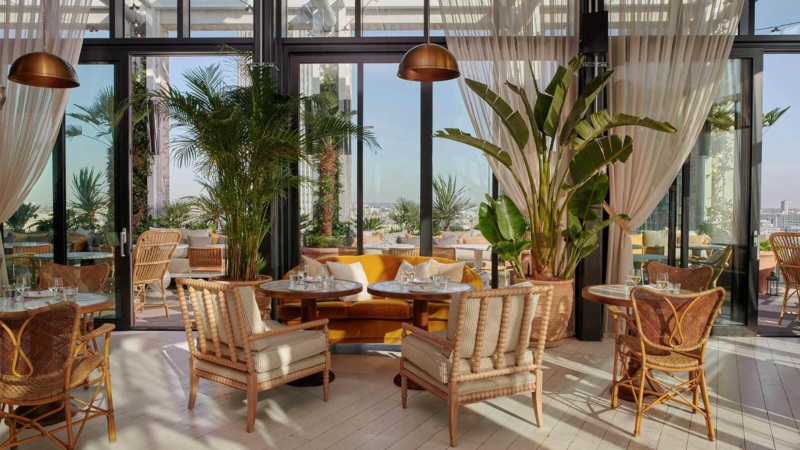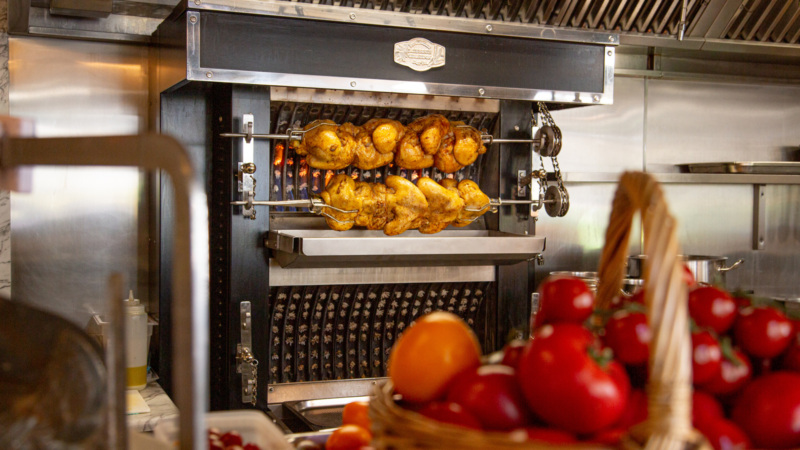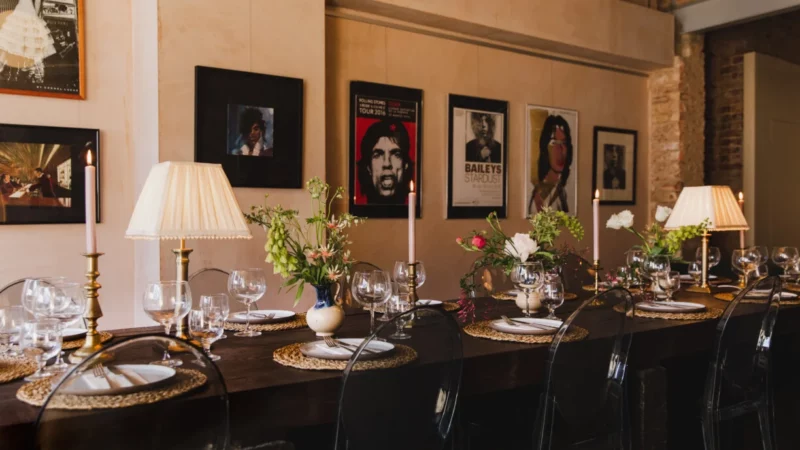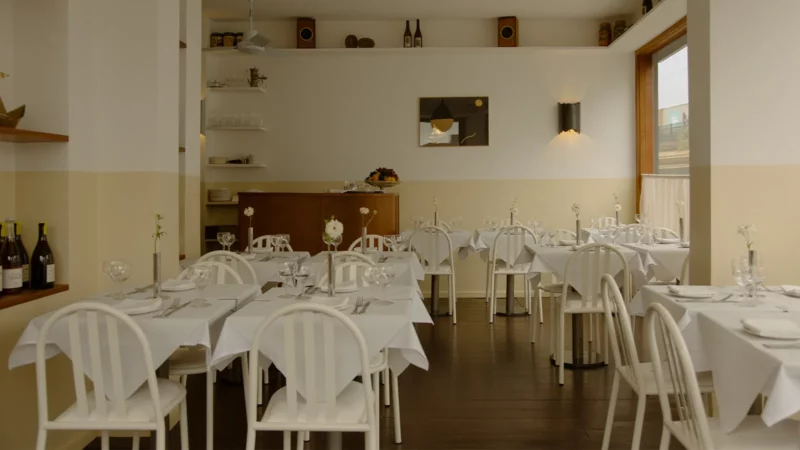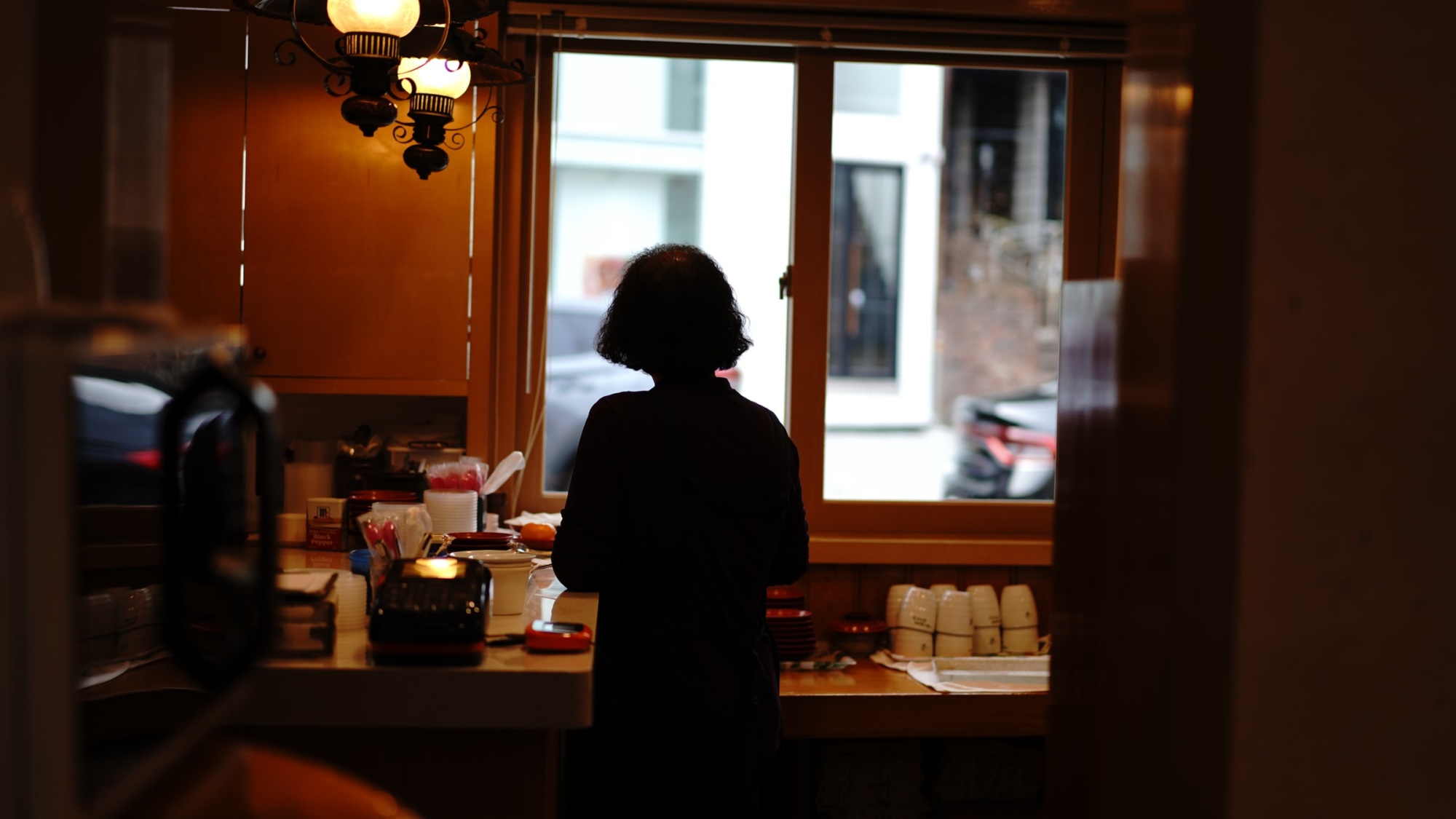
Emma Underwood on Why the Conversation About Safety for Female Workers is Urgent
Over the last few weeks the safety of women, particularly at night, has been a topic of discussion across media, in businesses, and in personal conversation, brought into sharp focus with the tragic death of Sarah Everard.
The capital’s night economy, which includes restaurants and bars, will play a vital role for people in regaining a sense of normality, both in economic terms, but also in social and community terms. But with this industry slowly opening up again, questions around safety for those working – and enjoying – London’s nightlife will be brought to the forefront.
In 2018 the Mayor’ Women’s Night Safety Charter was launched and The Mayor of London, Sadiq Khan and Night Czar, Amy Lamé are currently urging more businesses, organisations and councils to sign up to the charter. The charter sets out guidance and has seven key pledges which include training of staff, reporting harassment and ensuring public spaces are safe, and is part of London’s commitment to the UN Women Safe Cities and Safe Public Spaces global initiative. “We’re determined to make London the safest and most welcoming city in the world. That’s why it’s so important that as we look ahead and help provide a supportive environment for all those working, travelling or enjoying our capital and help women know that nowhere is off-limits to them,“ explains Lamé.
Even with a slow transition, the post-lockdown world will feel uncertain and complicated to navigate in various ways. When it comes to safety, it is a topic that needs to be discussed and drawn attention to, as an issue for all to participate in and find solutions for. We spoke with restaurant GM Emma Underwood about how safety plays a part in the restaurant setting and how she navigates the topic.
Underwood has been working in the hospitality industry in some capacity for the last 19 years, and in senior roles for eight. We first spoke to Underwood when she was general manager (GM) of the central London restaurant Stem; she is currently GM at Darby’s in south London. Underwood has a background in academia in history and in particular the histories of feminism, in her current career she has been outspoken around issues of gender equality and been involved in various projects and spoken on numerous occasions around the subject of making the industry a better place for everyone to work in.

Anna Sulan Masing: As a GM, you have a duty of care. How do you manage this?
Emma Underwood: Duty of care is, I think, one of the most vital factors when managing a team. As a GM you have to strike a careful balance – between making sure you are close to your team and that they know they can speak to you regarding concerns, but also that you maintain a professional relationship. You are, after all, not their friend but their manager, but a degree of closeness is extremely important for making sure your team are happy to discuss matters with you that may be highly sensitive.
In regard to staff safety, and in particular to women’s safety, are there key considerations that you put in place?
One of the first questions I ask in an interview is where the candidate lives, how far their commute is, and to explain to them what time they will likely finish in the evening and whether they might foresee any difficulties with travelling home safely. I think it’s important to be very clear about this from the outset, and to understand fully any impact they may have for their start and finish times for working.
When I was working outside of London this information would be used in order to coordinate shift finish times to share lifts or walks with other members of the team. In London, it is a case of making sure that those with longer commutes are on either earlier finishes or later start times in order to make sure they have enough of a break between their shifts. We try to ensure, as much as possible, that team members will be travelling home together.
Safety is a really sensitive and personal issue, and it varies hugely from person to person. The definition of what is safe, and what a member of staff may feel comfortable with is different in every single case, which is why it is so important that the people you work with are able to communicate with one another.
The conversation around women’s safety has been in the media at the moment – this, of course, is not a new thing, but has that particular interest affected change in your work?
Recent news really made me think again about safety. It made me address how I keep myself safe, but also how the members of the team will be feeling. We’re currently preparing to reopen, and I worry that this is going to compound any anxiety they might already be feeling to return to work after such a long break. I was sure to phone everyone and to speak about any worries they have and to run through the journeys home they will be taking. I also spoke to the police about the rate of crime in the area, and they have also offered to come and speak to the team when we reopen.
Is safety something you think is addressed adequately in the industry?
I really do think we could talk about this more. Long commutes late at night at the end of a long working day are really commonplace and accepted as standard. The generic advice given to women is ‘don’t walk home alone late at night’, but how do you follow this advice if your job requires you to work late?
Safety is not just about finishing late at night, it is also about safety in workplaces, such as harassment – how do you create and nurture a safe space?
This is often seen as a tricky subject, when actually it is the most simple thing in the world: no one should be made to feel uncomfortable at work.
It is vital that this is made clear to all members of staff. There is definitely room to teach about boundaries, and it is something I have had to address in the course of my career with both staff and guests. There is no such thing as a guest being ‘right’ if they are behaving in a way that is dangerous, uncomfortable or disrespectful, and this should always be followed.
A chef friend of mine was recently asked to give advice and a quote, in regard to how to address sexual harassment [against women] and she said, “ask the men in the industry”. It is an interesting point that women are constantly asked to come up with the solutions.
What experiences have you had and how have they informed how you have operated as a senior person in the industry?
Through the course of my career I have encountered instances where staff members have been either unsafe, or uncomfortable in situations at work, and the manner in which they have been dealt with have varied hugely case by case. The main influence it has had on me has been to cement the importance of relationships; they need to know they can speak to me about any concerns. It has also shown the importance of creating a working environment that shows no tolerance to poor behaviour with one another.
The Me Too movement did a lot to discuss sexual harassment, and to highlight unacceptable behaviour, but an open discussion about safety and a sharing of measures of how we keep our employees comfortable would certainly serve well to help the hospitality industry become a better place to work. We simply need to be speaking about safety more.
Anna Sulan Masing is a London-based writer and academic, and a co-founder of Sourced Journeys and Cheese Magazine. Follow her on Twitter and Instagram. Follow Resy, too.
- Through the Pandemic, Restaurants Have Supported Others. They Deserve the Same Support in Return
- 95 Years On, There’s Still Nowhere Like Quo Vadis
- In 2020, Restaurants Must Embrace a New Era of Hospitality to Survive
- Black Joy, Our Greatest Form of Activism
- The Definitive Guide to London’s Classic Restaurants
- As Restaurants Reopen, Diners Should Reconsider Their Relationships to Hospitality Workers

